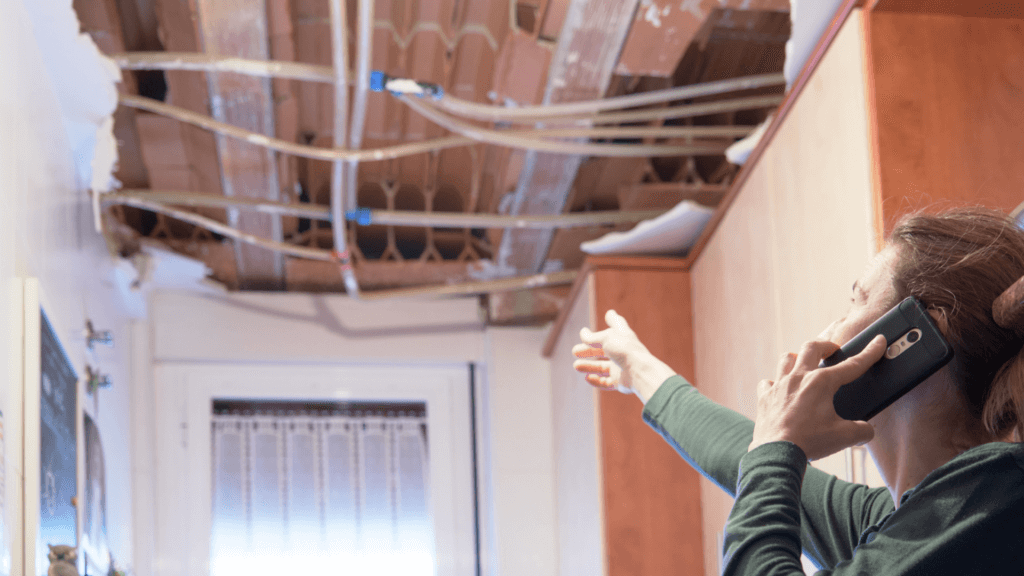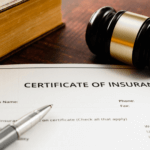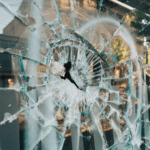
The process of dealing with property damage after a natural disaster event, theft, and/or vandalism, can be frustrating. Commercial property owners often want to get back to work as soon as possible, but certain actions taken too early in the claims process may result in increased costs for the property owner. One of these actions is beginning the repair process before filing a property damage claim. Knowing why property owners shouldn’t do this can help to avoid added financial strain and stress in the long run.
Repairing Property Damage Before Filing an Insurance Claim
After property damage occurs, it’s not uncommon for property owners to want to get back to normalcy as soon as possible. However, the insurance claims process has many different caveats that must be abided by for proper processing. One of these caveats is the repair process. While property owners have a duty to take reasonable steps to prevent further damage to the property, it is crucial for property owners to first thoroughly document the damage and file an insurance claim before jumping into making repairs. This is because the insurer will need to see proof of all damages resulting from a disaster or incident. Failing to thoroughly document the damage can result in a lower payment or a refusal of the claim. Taking videos and photos of the damaged equipment, goods, utilities, and the overall structure of the property helps policyholders to have their claim processed accurately to receive the full available coverage. Additionally, all communication with the insurer should be documented and retained by the insured, including notes, date, and time of any inspections as well as all emails or letters sent by the insurer. Having this documentation on hand can help hold the insurance company accountable under the terms of the policy. Also, it can serve to help an insurance coverage lawyer more thoroughly understand your situation should you find yourself in need of legal representation.
Policyholders should also avoid getting rid of any damaged goods before an unbiased adjuster has inspected the property. Physical evidence is one of the most important components of an insurance claim. Retaining every damaged item can help to prove the extent of the loss, and will serve as evidence of the impact the event had on the commercial property, which can affect an adjuster’s findings.
Once the damage has been well-documented and turned over to the insurer after a claim has been filed, temporary repairs can be made while the claim is being processed.
Temporary repairs can include:
- Covering openings in the roof or windows with a tarp to prevent further damage
- Removing trees from around an affected area
- Boarding up windows and doors
- Drying out water-damaged items or structures
- Removing water from the interior of the property
- Restoring utility services
While temporary repairs can be made and will likely have no effect on the outcome of the claim, permanent repairs should be avoided, such as roof replacement or asphalt patching, until after an adjuster has inspected the affected property. The adjuster must be able to see the damage to determine its cause, the value of the claim, and the proper payment to the insured. If any repairs are made, the property owner should save all receipts and submit them to the insurance provider for reimbursement.
Though thoroughly documenting damage, correspondence, and repairs help the likelihood that claimants will have their claims processed fairly and efficiently, unfortunately, this does not mean ensuring the insurance company will still act in good faith. Because of this, property owners need to obtain legal counsel to protect their interests from an insurance provider who may advantage of them.
Insurance Coverage Attorneys
At Raizner Law, our experienced insurance coverage attorneys have represented thousands of clients against major insurers in commercial property damage disputes. If your commercial property suffered damage and you need assistance with a claim that has been wrongfully delayed, underpaid, or denied, we can help. Contact us today to discuss your claim.


